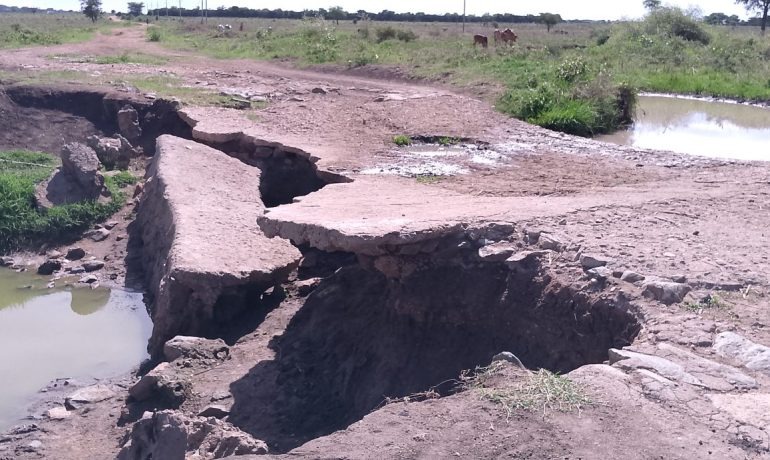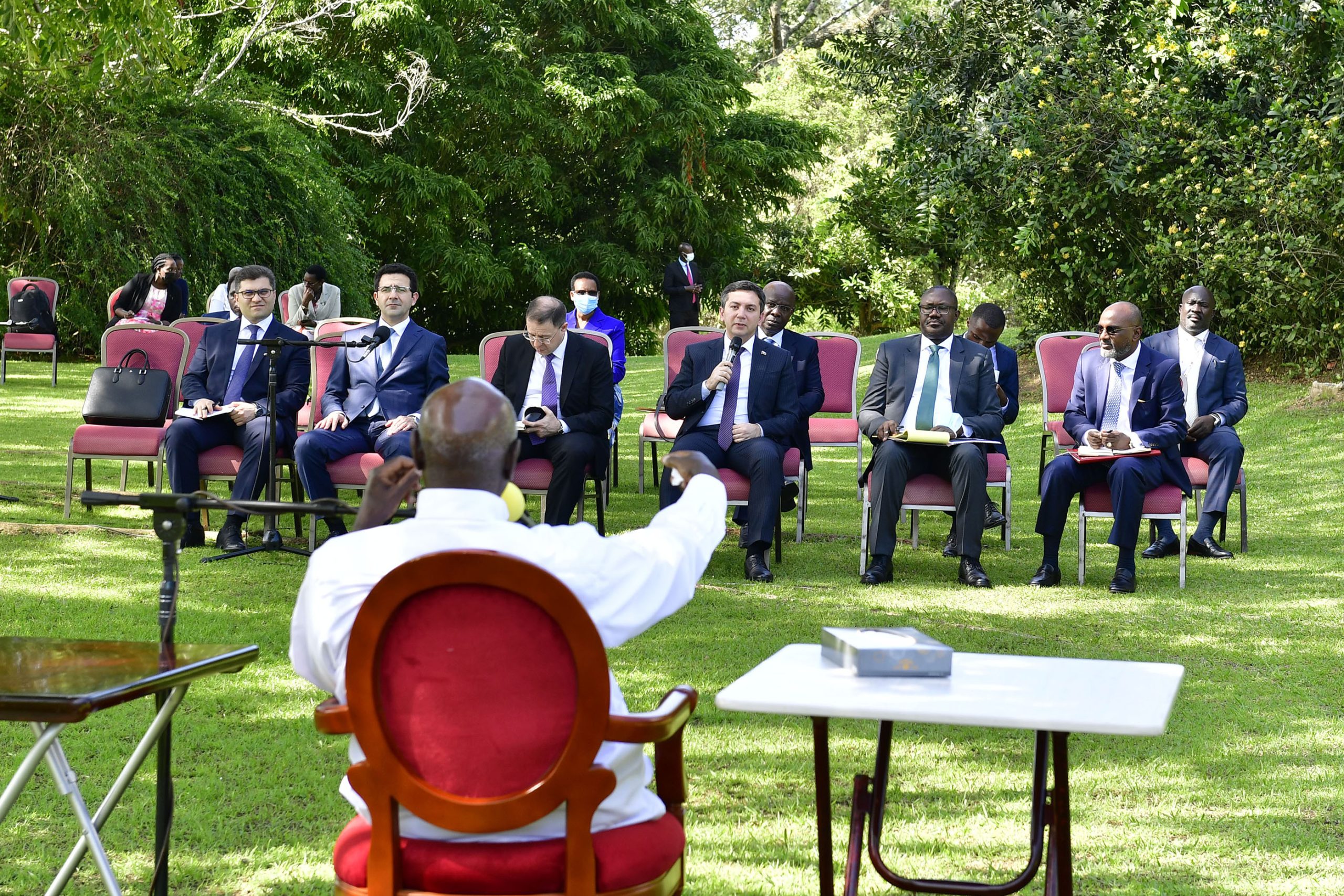By Richard Onapatum
As Karamoja’s skies continue to pour, the region’s fragile road network is disintegrating—turning everyday journeys into survival missions. What began as seasonal rainfall has evolved into a full-blown crisis, exposing the vulnerability of infrastructure, the resilience of communities, and the silence of those in power.
The road from Kotido to Lira, once a brisk three-hour drive, now stretches into seven grueling hours. Drivers inch forward through flooded stretches, dodging potholes that resemble craters. The Kotido–Kaabong route, a mere 66 kilometers, can take up to four hours.
“I spent the night inside a bus with my children. No one came to help. We lit a candle and prayed the road wouldn’t wash away,” recalls Margaret Lokwama, a fruit vendor stranded between Kotido and Moroto.
These are not isolated incidents—they are daily realities for thousands.
Markets are drowning in losses. Fresh produce from Mbale and Soroti arrives days late, bruised and unsellable. Traders like Zaituna Mazibo at Kotido Main Market are forced to discard entire consignments.
“The lorry used to take one day. Now it takes three. I lose money, customers, and my reputation,” she says, lifting a rotting banana.
With losses estimated at UGX 700,000 per week for small vendors, the economic ripple is devastating.
In Kaabong, ambulances are turning back. Bridges are submerged. Clinics are understaffed and understocked. Pregnant women wait in vain. Children with malaria arrive too late.
“We lost a child last month because the ambulance couldn’t cross a bridge. The anonymous nurse cried.
School attendance is plummeting. In Rengen Sub County, students wade through flooded paths barefoot, risking injury and illness for education.
HMK Bus Company is hemorrhaging funds. Fuel costs have doubled. Drivers now hire locals to push buses through mud.
“We don’t run a bus company anymore. We run a rescue operation,” says manager Abdallah Okello.
Without government support, many operators are considering suspending services altogether.
Despite repeated appeals, the Ministry of Works and Transport remains quiet. President Museveni’s promises to tarmac Karamoja’s roads have yet to materialize.
Local communities are taking matters into their own hands—patching roads with gravel, digging trenches, and organizing volunteer brigades.
“We patch potholes with gravel from nearby hills. But it washes away the next day. We need help—not just promises,” says youth Leader Lokwi Romano .
This crisis is not just about transportation—it’s about dignity, equity, and national accountability. Karamoja’s people are resilient, but resilience should not be a prerequisite for survival.




















